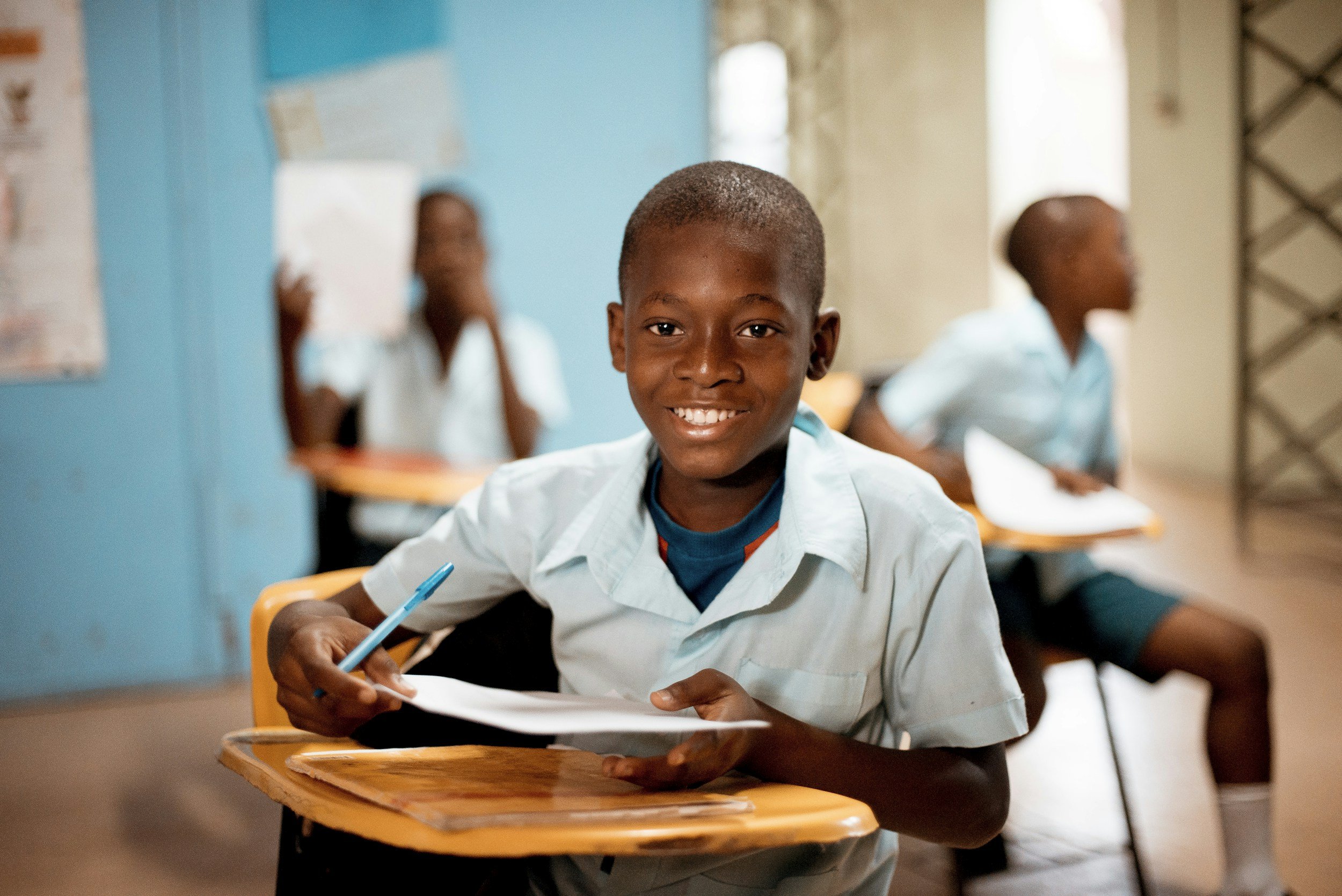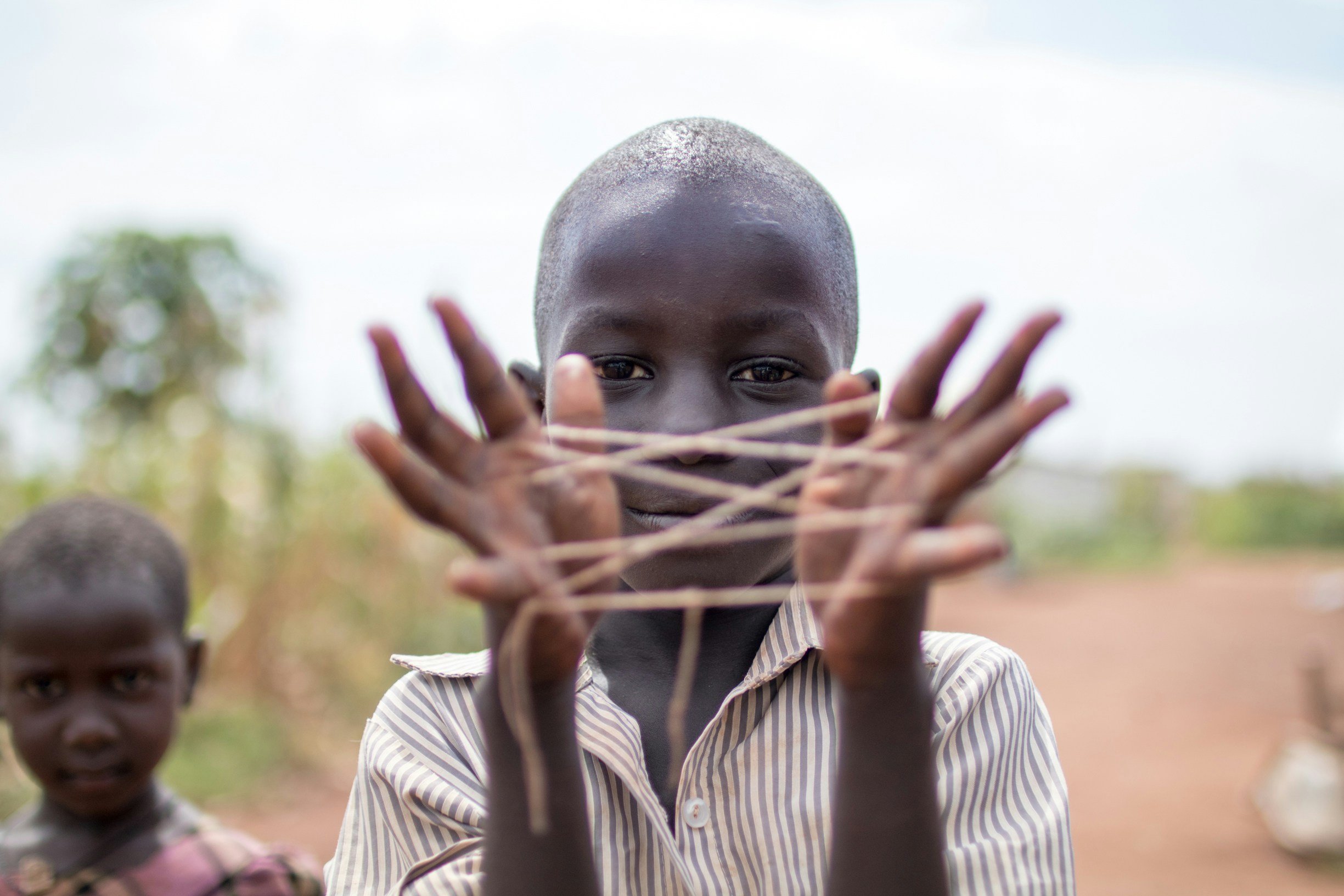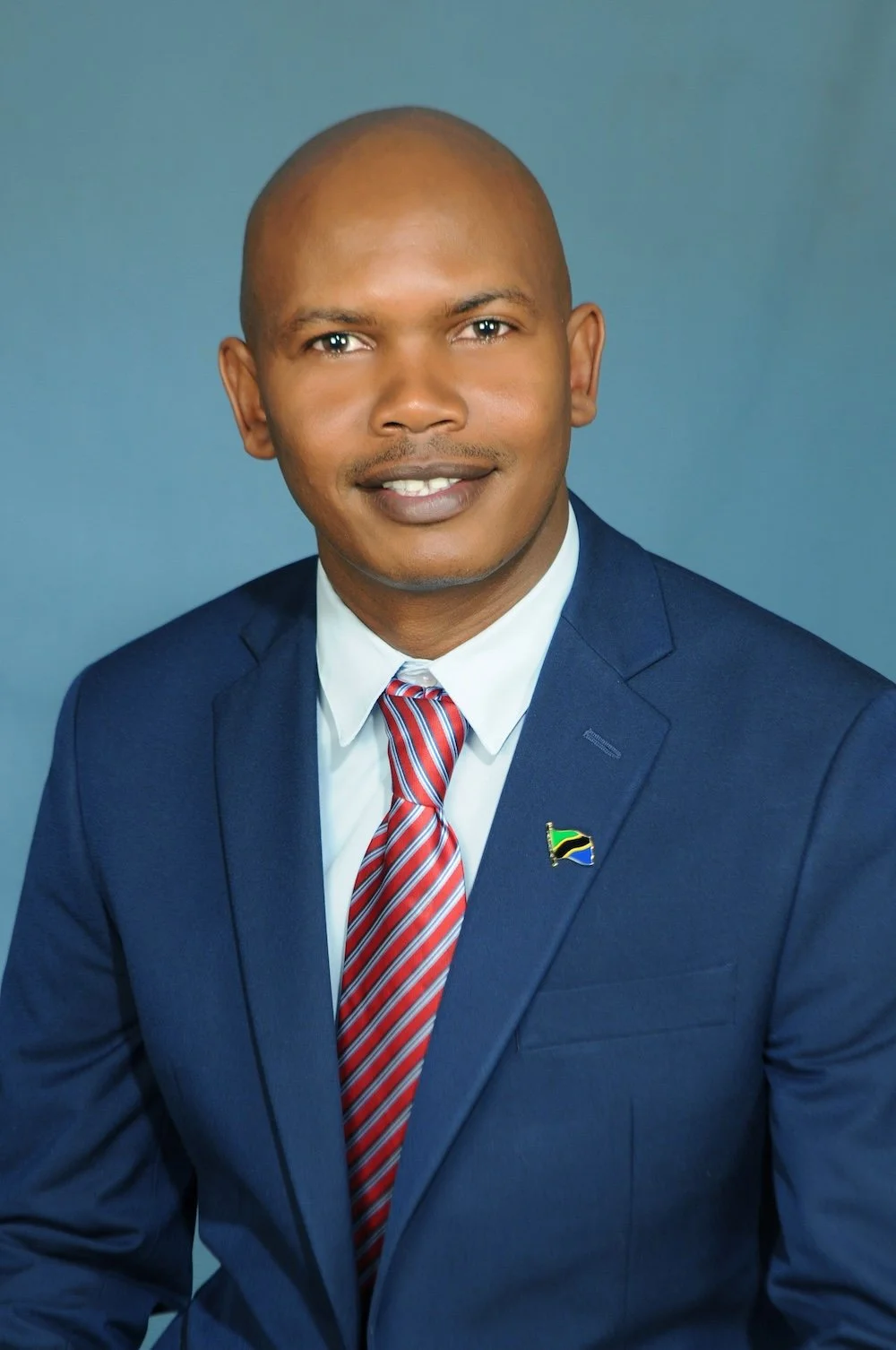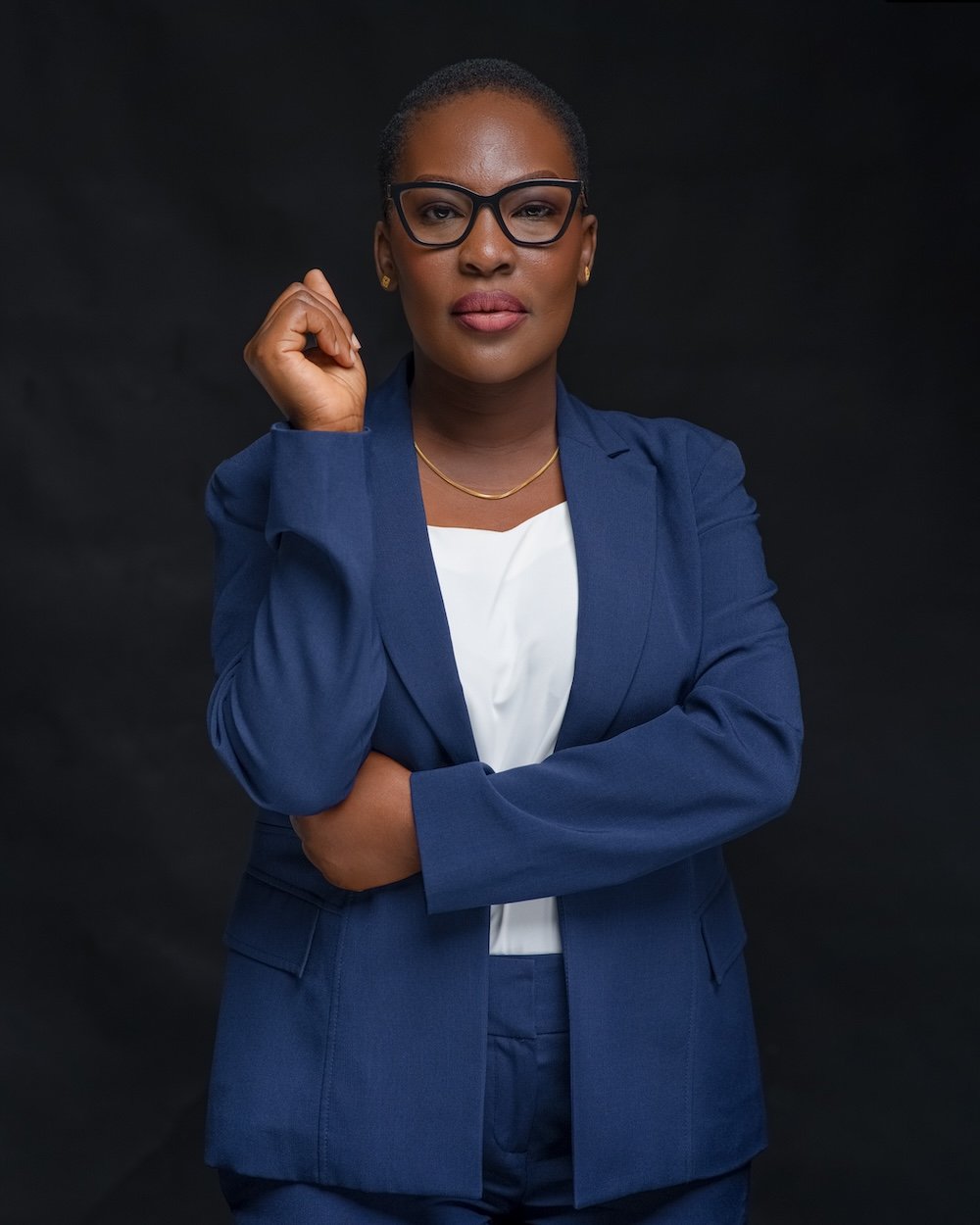
About us
At Policy Innovation Lab-Africa (PIL-A), we are dedicated to bridging the gap between governments and social innovators across Africa to address the continent's most pressing challenges.
PIL-A focuses on creating structured frameworks, fostering leadership in public sector governance, and promoting scalable social solutions. By collaborating with governments, social enterprises, philanthropists, and academia, we catalyze policy innovation to enhance public service delivery, drive sustainable development, and transform lives. Through flagship programs, we empower stakeholders to adopt evidence-based innovations with lasting, systemic impact.
Our vision is to create a future where public, private, and social sectors collaborate seamlessly to drive positive change across Africa.
We emphasize strategic partnerships, rigorous evaluation, and advocacy to scale proven solutions that address critical areas like education, health, and livelihoods. By equipping public sector leaders with innovative tools and fostering co-led initiatives through our Social Public Partnership Framework and Innovation Fund, PIL-A is paving the way for African governments to pilot, adapt, and replicate transformative solutions for long-term progress.

Mission:
Bridging gaps between governments and social innovators.
Vision:
Collaborative ecosystems for sustainable development in Africa.
Values:
Innovation, Collaboration, Sustainability.
Our Approach:
Appreciative Inquiry.
Structured frameworks.
Foresight and Innovation.
Modeling and evidence building.
Piloting scalable solutions.
The Problem
Governments and the African social sector often operate in isolation, limiting the scalability of innovative solutions that address critical social and economic challenges.
Civil Society Organizations (CSOs) and social enterprises, despite their impact in sectors like health, education, and livelihoods, struggle to gain government recognition and support.
Governments are cautious in endorsing these innovations due to risks, lack of evidence, and absence of structured frameworks to guide collaboration.
This disconnect creates missed opportunities for sustainable development and improved public services.
The Solution
Policy Innovation Lab-Africa (PIL-A) aims to bridge the gap between governments and social innovators by creating structured frameworks, developing public sector leaders, curating scalable social solutions, and supporting innovation pilots.
PIL-A fosters collaborative governance through these initiatives, ensuring governments can adopt and scale evidence-based innovations for social and economic welfare.

Founding Board
The PIL-A Founding Board provides visionary leadership and steers the organization’s strategic direction. Comprising trailblazers in policy innovation, the Board champions transformative solutions foster strategic partnerships and ensures alignment with PIL-A’s mission to bridge ideas and government adoption for scalable social impact.
Dr. Jacqueline Mkindi
Board Chair
-
Dr. Jacqueline David Mkindi is an internationally recognized agribusiness leader, policy advocate, and transformational change agent in the horticulture industry. With over 19 years of leadership experience, she has spearheaded groundbreaking agribusiness management, advocacy, and investment facilitation initiatives, unlocking economic opportunities across Tanzania and beyond.
Currently serving as the Chief Executive Officer of the Tanzania Horticultural Association (TAHA), Dr. Mkindi has led the organization’s growth from a modest two-person team to a robust entity employing over 130 staff members and representing more than 1,600 members. Her work has directly contributed to unlocking close to $1 billion in horticulture market opportunities, propelling Tanzania’s horticulture sector onto the global stage.
In addition to her executive role at TAHA, Dr. Mkindi chairs TAHA subsidiaries TAHAFresh Handling Ltd and GreenCert Ltd, both of which have become leaders in logistics and certification for the East African agricultural sector. Under her leadership, these entities have significantly enhanced the competitiveness of Tanzanian produce in international markets.
Dr. Mkindi has served on numerous national, regional, and global boards, advisory councils, and technical committees. Highlights include her role as Chairperson of the Horticulture Council for Eastern Africa, Board Member of the Tanzania Plant Health and Pesticides Authority, and Executive Council Member of the East Africa Business Council. She has also advised international organizations like the Common Fund for Commodities (CFC) and contributed to global platforms, including the Davos Presidential Meetings and the G8 Summit.
Her leadership has been recognized through numerous accolades, including an Honorary Doctorate in Business Administration and Enterprises from Africa Graduate University (2020) and the Top 100 CEO of the Year Award (2024) in the nonprofit category. Dr. Mkindi’s influence extends beyond agriculture; she passionately advocates for women’s economic empowerment and sustainable development.
Dr. Mkindi holds a Master’s in Business Administration (MBA) from the Eastern and Southern Africa Management Institute (ESAMI) and a Bachelor of Science in Forestry and Nature Conservation from Sokoine University of Agriculture. A dynamic visionary and strategic thinker, she is renowned for her exceptional communication and networking skills, which have helped forge partnerships with governments, donors, private sector stakeholders, research and academic institutions worldwide.
As an unwavering advocate for agricultural transformation and economic development, Dr. Jacqueline Mkindi continues to shape policies and strategies that inspire impactful and sustainable growth across the horticultural sector.
Hadija Jabir
Vice Board Chair
-
Ms. Hadija Jabiri is a distinguished entrepreneur with extensive expertise in Business Administration. She serves as the founder and Chief Executive Officer of GBRI, a company committed to transforming agricultural production into a sustainable and profitable endeavor by empowering smallholder farmers through the application of global best practices. Established eight years ago, GBRI specializes in the production, value addition, cold storage management, and marketing of horticultural products for both local and export markets.
Under Ms. Jabiri's leadership, GBRI collaborates with more than 10,000 smallholder farmers, predominantly women and youth, across five regions in Tanzania: Iringa, Mbeya, Kagera, Kilimanjaro, and Njombe, as well as in Burundi. With an investment exceeding six million dollars, the company currently exports its produce to markets in the Netherlands, Spain, Romania, France, India, and the United Kingdom. GBRI employs 45 permanent staff members and engages approximately 200 temporary workers during peak production periods.
In addition to her role at GBRI, Ms. Jabiri is the founder of Agriedo Limited, an agricultural service company that provides consultation services and operates the Agriedo Hub to encourage youth engagement in agriculture. Her exceptional contributions have been acknowledged through various prestigious awards, including the Women's Award of Excellence in the Agribusiness Sector in 2018, the Invest to Impact Award in 2019, and recognition as one of the Top 50 Women in Management in Africa in 2021.
Ms. Jabiri holds several advisory positions, including serving as an executive board director of the Tanzania Fertilizer Regulatory Authority and as a board member of ASPIRES Tanzania and Icon Lawyers Firm. Furthermore, she is an alumna of the International Visitors Leadership Program (IVLP), which is sponsored by the U.S. Department of State.
Through her entrepreneurial endeavors and unwavering commitment to empowering smallholder farmers, Ms. Hadija Jabiri continues to exert a significant and positive influence on the agricultural sector and communities in Tanzania and beyond.
Dr. Josephine Kimaro
Board Treasurer
-
Dr. Josephine Rogate Kimaro is a dynamic force in governance and sustainable development, currently serving as the Deputy Chief Executive Officer of the Zanzibar Presidential Delivery Bureau (PDB). In this crucial role, she brings to life the strategic initiatives envisioned by Zanzibar’s President, driving change through technical assistance, enhanced inter-agency coordination, strategic project financing, and robust monitoring and evaluation (M&E) frameworks. Her exceptional leadership was pivotal during her time as Acting Head of the PDB after its inception in December 2022, where she guided a dedicated team of experts in executing transformative projects across essential sectors, including the Blue Economy, Infrastructure, Social Services (Education, Health, Water, and Empowerment), and Tourism, all propelled by technological advancements and human capital development.
Before her impactful work in Zanzibar, Dr. Josephine amassed a wealth of experience in diverse roles, such as Capacity-Building Advisor, Monitoring and Evaluation Expert, Human Resources Systems Advisor, Elections Management Expert, and Researcher with local and international organizations. Renowned as an Organizational Development Expert, her consultancy has been highly sought after by private, public, and civil society organizations across Tanzania and beyond.
Dr. Josephine holds a Bachelor of Arts in International Relations, a Master of Arts in Public Administration, a Postgraduate Diploma in Poverty Analysis, and a Ph.D. in Public Management from esteemed institutions. Additionally, she has chaired and continues to chair influential policy advisory boards, including the Tanzanite CEOs Roundtable-Zanzibar Chapter, while generously sharing her expertise as a board member for several prestigious organizations.
Carolyn Kandusi
Board Secretary
-
Carolyn Kandusi is a transformative leader specializing in international development, social innovation, and government advisory. With over 15 years of professional experience, she has excelled in building cross-sector partnerships, driving impactful investments, and fostering scalable social solutions across East and Southern Africa.
As a Senior Program Officer at Segal Family Foundation, Carolyn has directed over $10 million in strategic investments to visionary leaders in civil society and social enterprise. Her work supports equitable access to health, education, and economic opportunities, emphasizing marginalized communities.
Carolyn is the founder of Policy Innovation Lab-Africa (PIL-A), a Pan-African initiative that champions the development of a framework for social public relations and partnerships. PIL-A aims to finance and scale social-led innovations through government infrastructure backed by evidence-based pilot projects. Her leadership in policy innovation reflects her commitment to advancing sustainable development on the continent.
In recognition of her expertise, Carolyn was appointed to the President’s Advisory Committee on Generation Equality in Tanzania, where she provides strategic guidance to promote economic justice and human rights. She also sits on the Executive Board of the Ifakara Innovation Hub and other prestigious boards, including the Rukwa Foundation, STIR Education’s Global Council of Advisors, Ifakara Innovation Hub, and ABC Impact.
Carolyn co-founded the Obuntu Hub, which later became Westerwelle Startup Haus Arusha, an entrepreneurship hub that incubates and accelerates young innovators with skills, mentorship, and funding opportunities. Through this initiative, she continues to inspire economic transformation in Tanzania.
An alumna of the European University Institute’s Policy Leaders Fellowship (2023–2024) and the Oxford Women’s Leadership Development Programme, Carolyn holds a Master of Science in Governance and Leadership. Her dedication to fostering equitable, inclusive, and sustainable communities positions her as a leading force in Africa’s global development landscape.
Dr. Elifuraha Laltaika
Board Member
-
Dr. Elifuraha Laltaika is an accomplished Senior Law Lecturer at Tumaini University Makumira in Tanzania and a former Visiting Scholar at Harvard Law School. His residency at Harvard was marked by a deep exploration of the critical intersection between the extractive industry—mining, oil, and gas—and the rights of Indigenous Peoples and local communities under international and comparative law.
A distinguished Fulbright scholar, he holds a Doctorate from the University of Arizona and two Master’s degrees in Environmental and Natural Resources Law from the Universities of Oregon and KwaZulu-Natal. His foundational education includes a Bachelor of Laws (LL.B) from the University of Dar es Salaam.
From 2017 to 2019, he served as an expert member of the UN Permanent Forum on Indigenous Issues, appointed by the President of the United Nations Economic and Social Council (ECOSOC). His experience also extended to the Office of the High Commissioner for Human Rights in Geneva, where he served as a Senior Fellow. Elifuraha has inspired students across Africa, Asia, Europe, and North America through guest lectures at numerous prestigious universities.
In 2022, he was honored with the Sivtlana Kravchenko Environmental Rights Award in Oregon, USA, acknowledging the profound impact of his legal work supporting local communities. The African Court on Human and Peoples Rights recognized Dr. Laltaika’s expert contribution in the case for reparations for the Ogiek Indigenous Peoples, underscoring his dedication to justice. The Bar Association of Tanzania Mainland (TLS) likewise celebrated his significant contributions in its Law Journal.
Dr. Laltaika is an Iso Lomso Fellow at the Stellenbosch Institute of Advanced Study (STIAS) in South Africa and a board member of the International Work Group on Indigenous Affairs (IWGIA) in Copenhagen, Denmark. His extensive research and consulting assignments focus on Indigenous Peoples and Environmental and Social Standards. He has notably applied the IFC Performance Standard 7 and the Green Climate Fund Policy on Indigenous Peoples in major African investment projects, facilitating numerous Free, Prior, and Informed Consent (FPIC) agreements.
Through his teaching and writing, Elifuraha passionately engages with vital areas such as Human Rights Law, Natural Resources Law, Mining and Oil and Gas Law, Jurisprudence, Public International Law, and Advanced Legal Research and Writing, inspiring a new generation of legal thinkers and advocates for change.
Global Technical Advisor Council (GCTA)
The GCTA is a powerhouse of expertise, guiding PIL-A’s initiatives with strategic insights and thought leadership. This diverse group of global experts shapes innovative frameworks, drives impactful collaborations, and ensures our work reflects cutting-edge solutions to Africa’s most pressing challenges.
Professor Fortunata Songora Makene
Research and Framework Building Advisor
-
Dr. Fortunata Songora Makene is a distinguished sociologist, development expert, and a leading advocate for gender equity and social protection. With over 20 years of experience in research, policy development, and leadership, Dr. Makene has significantly influenced socio-economic reforms in Sub-Saharan Africa and the United States, particularly in women’s empowerment, education, health, and human rights.
Currently serving as the executive director of the Economic and Social Research Foundation (ESRF), she has driven impactful research and policy initiatives that address systemic inequalities and foster sustainable development. Her expertise has also been recognized on national and global platforms, including her appointment to Tanzania’s National Advisory Committee on the Generation Equality Forum, promoting economic justice and rights for women.
Dr. Makene has held prestigious academic roles, including Associate Professor of Sociology at Worcester State University, and has published extensively on topics ranging from gender equity to healthcare and urbanization. Her recent work includes co-editing Cancer Care in Pandemic Times: Building Inclusive Local Health Security in Africa and India, which highlights innovative strategies for addressing cancer care challenges in low-resource settings.
Beyond academia, Dr. Makene serves on multiple boards, such as the Food, Agriculture, and Natural Resources Policy Analysis Network (FANRPAN), and has been recognized with numerous awards, including the 2022 Phenomenal Woman of Worth Award for her groundbreaking leadership in advancing gender equity in Africa.
A champion for women’s economic empowerment, Dr. Makene has led transformative projects, including initiatives to scale innovations that reduce women and girls’ unpaid care work and promote their inclusion in public procurement processes.
Dr. Makene earned her PhD in Sociology from the University of Minnesota and holds an MSc in Social Responsibility from St. Cloud State University. Fluent in Swahili and English, she is an influential public speaker and thought leader, regularly addressing global forums on gender, social justice, and sustainable development.
Her visionary leadership continues to inspire systemic change, empowering marginalized communities and shaping inclusive policies for equitable development.
Ibraheem Sanusi
Public Policy Architecture and AU Engagement Advisor
-
Sanusi Ibraheem is the Head of the Strengthening Crisis and Pandemic Response Programme at the German Development Cooperation (GIZ) Office to the African Union in Addis Ababa, Ethiopia. In this capacity, he provides programme management leadership and technical advisory services supporting the AU’s continental health institutions, including the Africa Centres of Disease Control and Prevention (Africa CDC), the AU Commission Department of Health, Humanitarian Affairs and Social Development, and the Africa Medicines Agency, among others.
Ibraheem is a skilled Programme Manager with over a decade of broad experience in democratic governance policy and practice advisory, institutional development, and capacity building on various themes, including civic engagement, innovations for development, and youth participation in policy processes. Prior to his current role, his work focused on the intersection of governance, new technologies, and the meaningful participation of citizens in Africa’s development agenda.
Why Join PIL-A GTAC: By strengthening the interactions between public, private, and social sectors, we unlock the potential to address the most pressing challenges facing our continent. This shared purpose inspired me to join this endeavor and contribute to a brighter future.
The PIL-A Team
Our team is the engine behind PIL-A’s mission, blending creativity, expertise, and a commitment to excellence. From crafting scalable solutions to building dynamic partnerships, we are dedicated to catalyzing systemic change that uplifts communities and inspires a prosperous, inclusive future for Africa.
Carolyn Kandusi
Founder & CEO
-
Carolyn Kandusi is a transformative leader specializing in international development, social innovation, and government advisory. With over 15 years of professional experience, she has excelled in building cross-sector partnerships, driving impactful investments, and fostering scalable social solutions across East and Southern Africa.
As a Senior Program Officer at Segal Family Foundation, Carolyn has directed over $10 million in strategic investments to visionary leaders in civil society and social enterprise. Her work supports equitable access to health, education, and economic opportunities, emphasizing marginalized communities.
Carolyn is the founder of Policy Innovation Lab-Africa (PIL-A), a Pan-African initiative that champions the development of a framework for social public relations and partnerships. PIL-A aims to finance and scale social-led innovations through government infrastructure backed by evidence-based pilot projects. Her leadership in policy innovation reflects her commitment to advancing sustainable development on the continent.
In recognition of her expertise, Carolyn was appointed to the President’s Advisory Committee on Generation Equality in Tanzania, where she provides strategic guidance to promote economic justice and human rights. She also sits on the Executive Board of the Ifakara Innovation Hub and other prestigious boards, including the Rukwa Foundation, STIR Education’s Global Council of Advisors, Ifakara Innovation Hub, and ABC Impact.
Carolyn co-founded the Obuntu Hub, which later became Westerwelle Startup Haus Arusha, an entrepreneurship hub that incubates and accelerates young innovators with skills, mentorship, and funding opportunities. Through this initiative, she continues to inspire economic transformation in Tanzania.
An alumna of the European University Institute’s Policy Leaders Fellowship (2023–2024) and the Oxford Women’s Leadership Development Programme, Carolyn holds a Master of Science in Governance and Leadership. Her dedication to fostering equitable, inclusive, and sustainable communities positions her as a leading force in Africa’s global development landscape.
Lilian Andrew Erasmus
COO
-
Lilian A. Erasmus is an experienced professional with over a decade of expertise in public relations, business development, and strategic governance. As a Public Relations Executive, she creates impactful communication strategies, builds stakeholder relationships, and promotes organizational growth. Her approach aligns business objectives with meaningful community engagement, delivering tangible results and lasting value.
Lilian has a proven record of leadership, contributing to portfolio growth, client retention, and operational efficiency. Her ability to develop innovative strategies has increased visibility, streamlined operations, and established sustainable partnerships across various sectors.
Academically, Lilian holds a Master’s degree in Strategic Governance from the Dr. Salim Ahmed Salim Centre for Foreign Affairs and a Bachelor's Degree in Mass Communication from Tumaini University. She has further enhanced her expertise through leadership courses at UONGOZI Institute and has participated in diplomatic and poverty alleviation seminars in Beijing, China.
Lilian’s dynamic skill set, adaptability to complex challenges, and commitment to fostering collaboration have established her as a trusted leader. She is passionate about empowering others and advancing initiatives that balance organizational success with positive social change.













